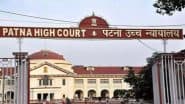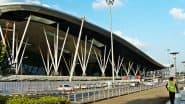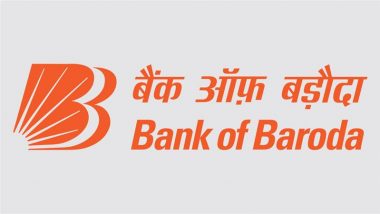Karachi, Jun 12 (PTI) The Pakistani rupee today grew weaker against the US dollar, which climbed up to 121 rupees in the inter-bank rates and was selling at around 122 rupees in the open market marking a fall of 4.66 per cent since last Friday.
The unofficial devaluation by the central bank yesterday, the second since last March, saw panic prevail in the open market and fears of an increase in prices of consumer goods.
To make matters worse the caretaker government last night also announced increases in the prices of petrol, diesel oil and kerosine oil. The petrol prices were increased by 4.26 rupees per litre and 6.14 a litre.
The Pakistan Stock Exchange today nosedived as the benchmark KSE-100 index lost 702 points to close at 43,229.
The Karachi Stock Exchange (KSE-100) index witnessed a slide throughout its trading session, clearly hit by the continued devaluation of the currency.
The day saw around 138 million shares worth Rupees 5.97 billion traded at the exchange with 257 of the 324 scripts that were graded declining in value, with KSE-100 index ending the day on a low of 43,143 at close.
On Friday the rupee had closed at rupees 115.61 in the inter-bank market.
State Bank spokesperson Abid Qamar said Pakistan had a free market where market forces determine the rupee's value. The rupee has already shed 9.5 per cent (5 per cent in December 2017 and 4.5 per cent in March 2018) to the US dollar, he said.
The movement comes as a counter to boost exports and slow down excessive imports as Pakistan looks to tame a widening gap in the trade and current account deficits.
Financial analysts said the deficit is fast depleting foreign currency reserves of the SBP.
There were now fears over Pakistan's economic stability ahead of the general elections on July 25.
Finance Minister Shamshad Akhtar told a press conference in Islamabad that they would use rapidly dwindling foreign currency reserves to stem the current account deficit.
The economic situation has increased fears that Pakistan might have to seek a loan package from the International Monetary Fund after the elections for the second time since 2013.
"We have to finance this gap of the trade deficit of USD 25 billion by depleting our reserves. There is no other option," Akhtar told the press conference.
In a statement, the State Bank said the movement was based on foreign exchange demand-supply gap in the interbank market, as it tried to calm jittery markets and traders.
"The market-based adjustment is reflective of the country's external Balance of Payments position which is under pressure due to a large trade deficit," it added.
"The SBP is of the view that this market-driven adjustment in the exchange rate along with other recent policy measures are expected to contain the imbalances in the external account thereby containing aggregate demand and also facilitate the prospects for generating non-debt creating inflows," the central bank said.
However, the bank cautioned the government against the dangers of borrowing more to finance the current account deficit for short-term comfort.
(This is an unedited and auto-generated story from Syndicated News feed, LatestLY Staff may not have modified or edited the content body)













 Quickly
Quickly




















